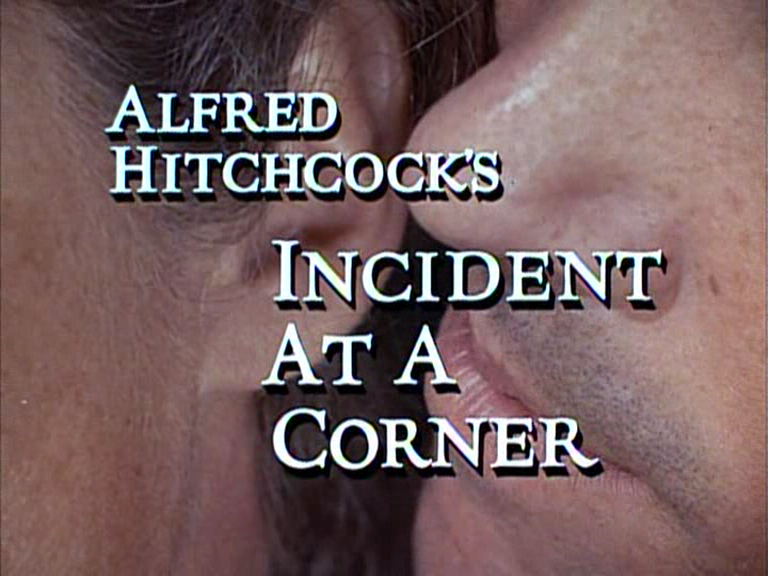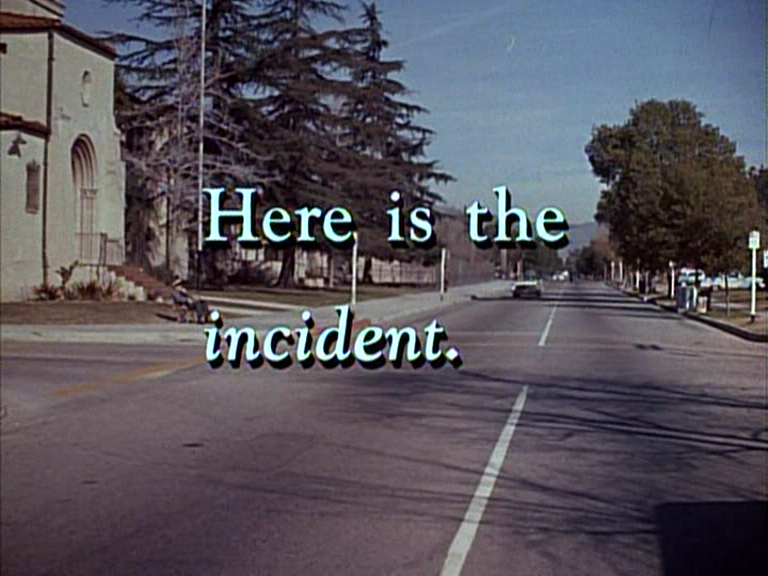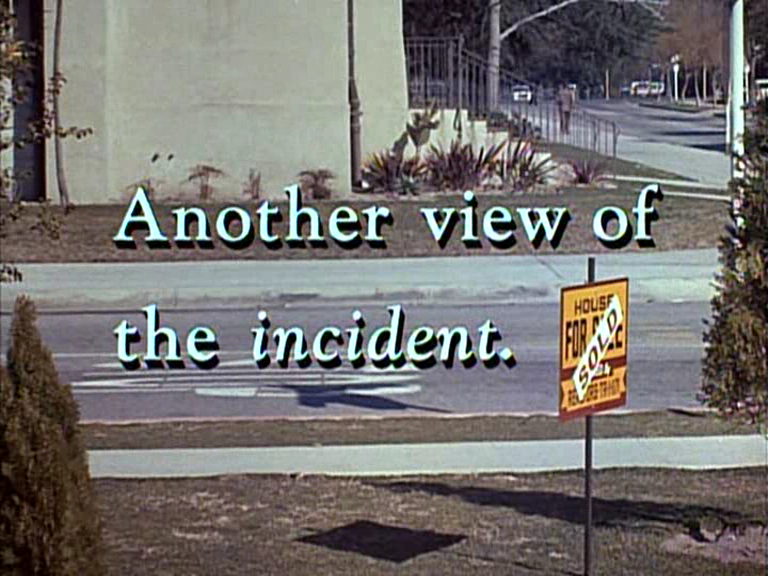
Can any Alfred Hitchcock film be called truly forgotten? It could certainly be argued (though not by me) that some of the Master's lesser works have received more attention than they deserve. Anthony Mann's Raw Deal is a far better film than I Confess, goes the argument, and has been unjustly robbed of the consideration and popularity which is its due.
Yeah, but, as Homer Simpson might muse, what you gonna do?
There are still corners of the Hitchcock oeuvre which might reward more attention, however, such as the deeply eccentric, nay inscrutable Rich and Strange, and I would suggest that some corners of Hitch's work in television remain relatively unappreciated. True, Alfred Hitchcock Presents is a much-admired show to this day, and classic episodes such as "Breakdown" and "Lamb to the Slaughter" have received justifiable plaudits. But Hitch's work outside that show is less easy to see, and less often discussed.

The series Suspicion, produced by Hitchcock's company in 1957, featured one episode directed by Hitch, "Four O'Clock," from a story by Cornell Woolrich (original author of the story which became Rear Window). Although somewhat overstretched, it builds to an insane peak of both tension and poetry, and is a major-minor neglected work. "I Saw the Whole Thing," Hitch's single directorial outing on his other show, The Alfred Hitchcock Hour, is enjoyable but slight, and deals with the theme of an innocent man falsely accused, a perennial Hitchcock favourite. But this same narrative idea gets a serious workout in "Incident at a Corner," Hitch's episode of a show called Startime. Based on Charlotte Armstrong's short story, and adapted by the author herself. Armstrong's work would later provide the source material for Chabrol's La rupture and Merci pour le chocolat.
We begin with the incident—a trivial argument between a school cross guard and a PTA member. Hitch presents this scene three times, from three different angles, presaging each with a playful caption. It's an almost nouvelle vague sequence, in its casual drollery and formal experimentation. Only the The Trouble with Harry, with its jokey end title, "The Trouble with Harry is Over," establishes a precedent for this kind of malarkey in Hitch's cinema.

The third recurrence of the "incident"—which seems scarcely worthy of the name—introduces us to a middle-aged couple, one of whom, the woman, is oddly upset by the incident. It seems they've just moved to the neighborhood, and she's horrified to recognize the elderly crossing guard as a former resident of her town of origin—someone who will remember, and may make public, some unutterably shameful secret from her misspent youth, some scandal she can never live down.
Her husband is dimly sympathetic but reluctant to move house just because of this one old guy stationed across the road. Maybe it would be possible to get rid of him?

And so begins one of Hitch's more responsible yarns, a little essay in civics, in fact. The husband writes an anonymous note, declaring, in veiled yet prurient terms, that the crossing guard is "too fond of the children—the little girls." The crossing guard is summarily fired.
But this old man has a granddaughter (Vera Miles, who played in Psycho the same year), who has a fiance (George Peppard), who is reluctant to let things go at that. While level heads argue that to contest such an accusation is merely to publicize it, and the old man doesn't really need his job anyhow, Peppard reasons that a world where any anonymous person can destroy another's reputation simply with an accusation too horrible to openly discuss, nobody is safe. It is absolutely necessary to fight such a thing.
It's a powerful and highly relevant theme (as well as being the only use of child molestation as a Hitchcockian storyline—Hitch must have used just about every other crime invented up to this point). The writing is terse, characterful and exciting, and the cast are excellent (Peppard may never again have played such a genuine hero). Hitch pulls out a few more miniature flourishes—holding on the old man's back as he enters his home, having lost his job, to be greeted by a chorus of "Happy Birthday" from his unknowing family—a series of high angle "God shots" as Peppard lays out his impassioned argument—but it mostly benefits from a low-key, even muted approach. And ultimately, surprisingly, the movie takes a rather benevolent view of all its characters.
***
The Forgotten is a regular Thursday column by David Cairns, author of Shadowplay.